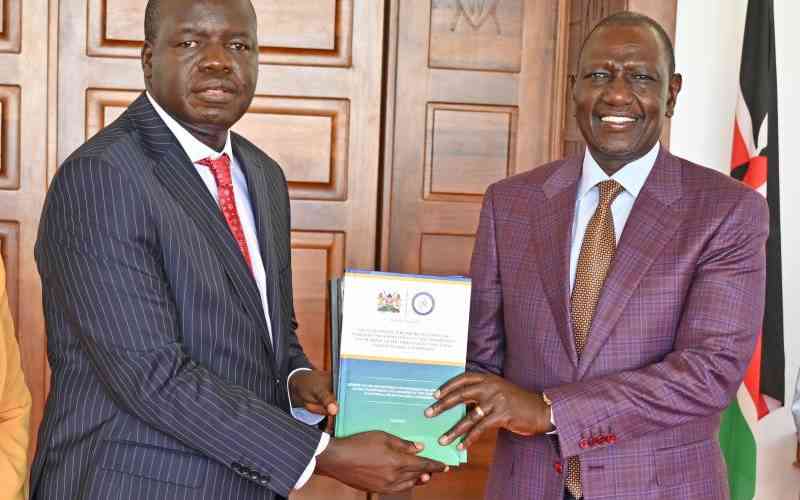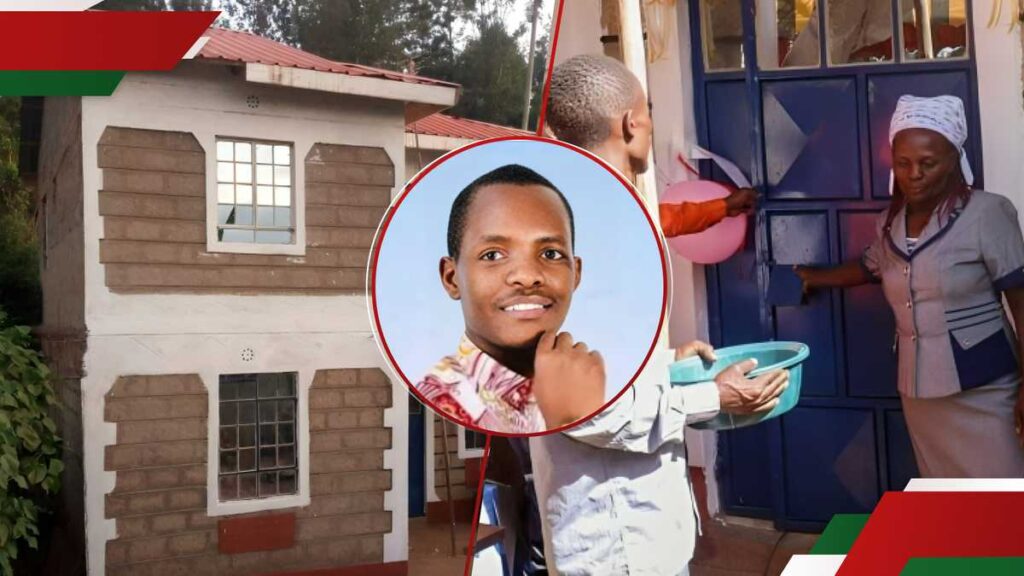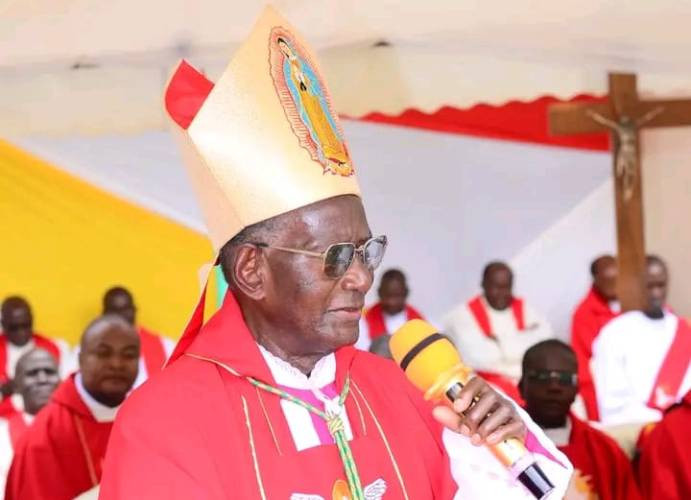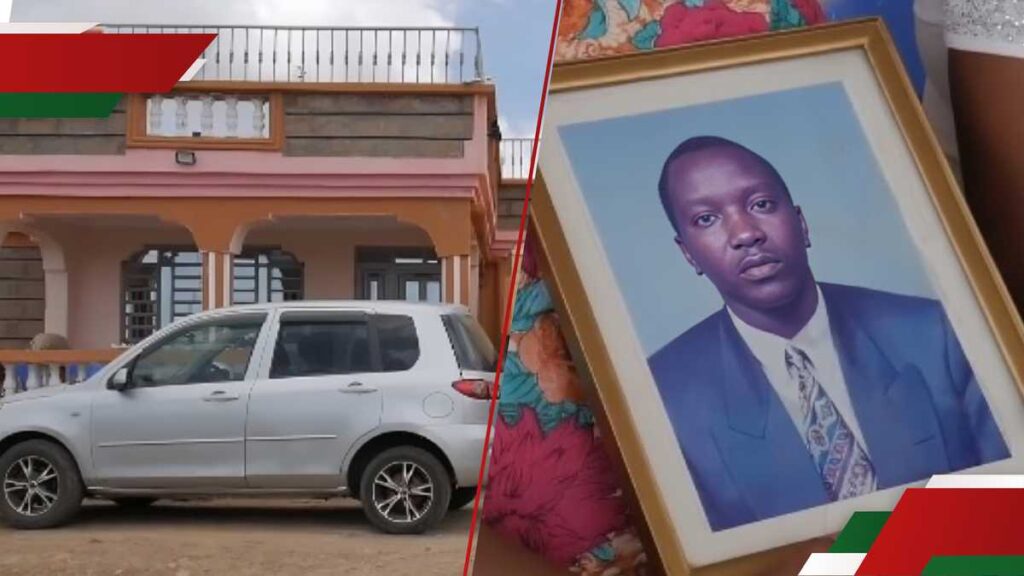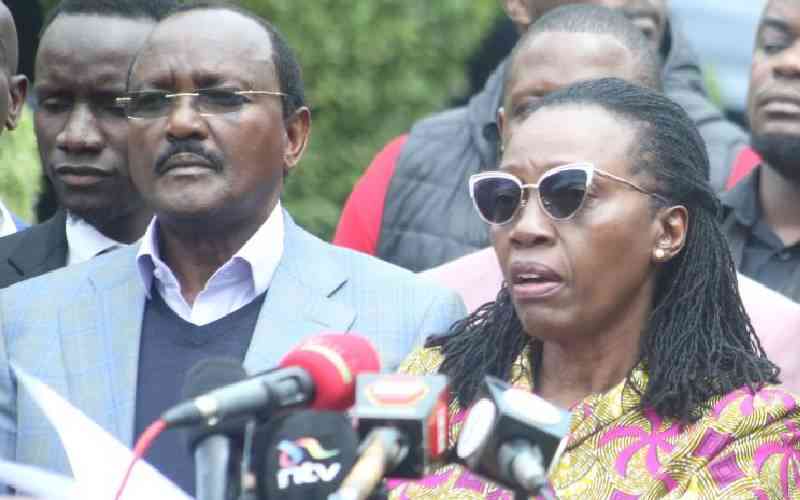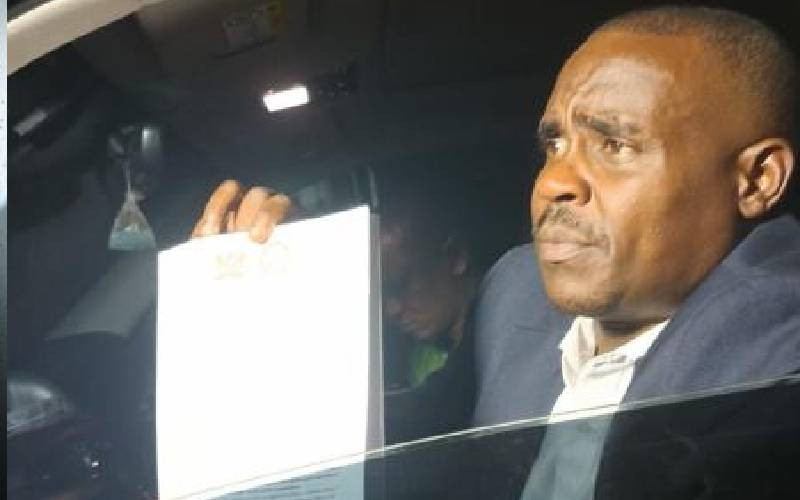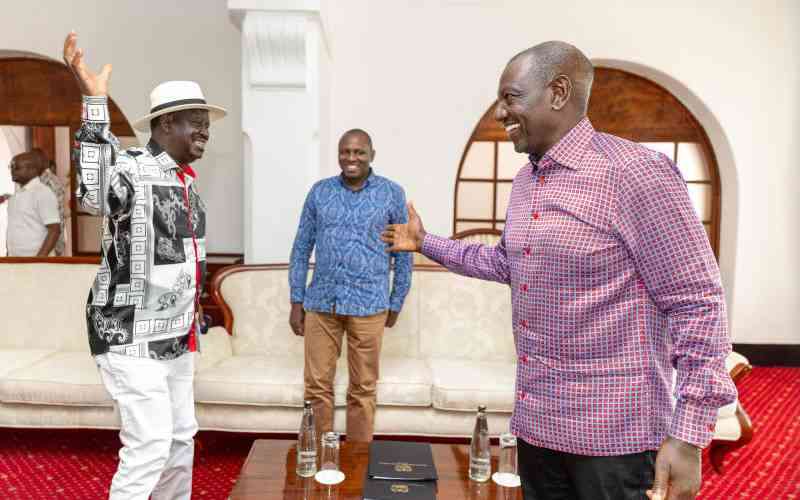Chief Justice Martha Koome has empanelled a three-judge bench to hear a petition challenging the nomination of seven individuals to the Independent Electoral and Boundaries Commission (IEBC) by President William Ruto.
The appointed bench comprises Lady Justice Roselyne Aburili (Presiding), Justice John Chigiti, and Justice Bahati Mwamuye.
They are set to determine a case filed by two Kenyan voters, Kelvin Omondi and Boniface Mwangi, who have raised several constitutional objections to the nomination process.
In light of the urgency of the matter, Chief Justice Koome directed that the case be heard on a day-to-day basis until its conclusion.
The empanelment follows a ruling by Justice Lawrence Mugambi, who on Thursday referred the matter to the Chief Justice for appointment of a constitutional bench.
Justice Mugambi determined that the petition raises significant constitutional issues that warrant determination by more than one judge.
“This is a matter that is at the very core of our constitutional democracy. And in my view, the issues raised are substantial questions of law on matters that touch the sovereignty of the people. I find that this petition satisfies the requirements of Article 165(4) of the Constitution,” he stated.
While referring the case CJ, Justice Mugambi allowed Parliament to proceed with the vetting process but barred any formal appointments or swearing-in ceremonies of the nominees until the determination of the case by the court.
“That pending the hearing and termination of this petition, a conservatory order is hereby issued forbidding and or preventing gazettement, the taking of oath, or assuming of office by the interested parties namely: Erastus Edung Ethekon; Anne Njeri Nderitu; Moses Alutalala Mukhwana; Mary Karen Sorobit; Hassan Noor Hassan; Francis Odhiambo Aduol; Fahima Arafat Abdallah, or any other person or persons as the chairman or commissioners of the Independent Electoral and Boundaries Commission,” the judge ordered.
In a detailed ruling, Justice Mugambi held that the judiciary must intervene when a credible constitutional threat is identified, even in the absence of actual harm.
“It is the view of this court that judicial intervention is warranted where a credible threat to the Constitution exists. The petitioners have flagged out breaches that warrant the court’s attention, and these must be addressed before the process progresses further,” he stated.
Justice Mugambi emphasized the dual role of Parliament and the Judiciary, stating that while Parliament holds the constitutional authority to vet nominees, the courts must ensure that the entire process complies with constitutional standards.
“For the avoidance of doubt, the vetting and approval process in the National Assembly may proceed, but the gazettement or swearing in of the seven nominees should not happen,” he clarified.
The petitioners, Omondi and Mwangi, contend that the nomination process was marred by procedural irregularities, lack of transparency, and violations of constitutional principles.
Stay informed. Subscribe to our newsletter
Among the issues the three-judge bench is expected to determine include whether the President failed to consult the majority and minority parties in the National Assembly as required by the recommendations of the National Dialogue Committee.
The judges are also to examine whether the selection panel adhered to Articles 10, 88(2), 232, and 250 of the Constitution and whether the final list of nominees reflected regional and ethnic diversity as mandated.
“Whether the actions of the selection panel violated the laid-down constitutional dictates and undermined the selection process by having a lopsided post-shortlisting and denomination process… and whether the list of nominees reflects the regional and ethnic diversity as required by the Constitution.








